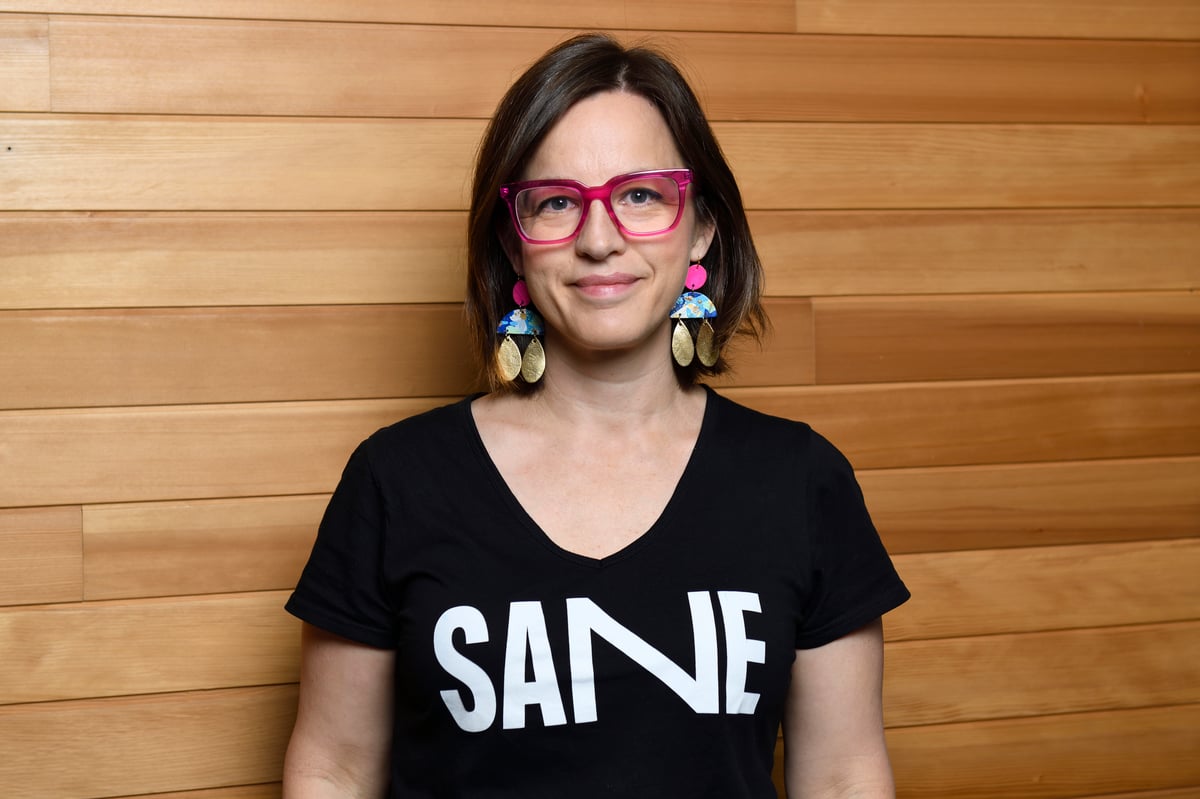
This post contains discussion of mental health and suicide and could be triggering for some readers.
I’m collecting mothers.
One of the privileges of working in mental health is being able to connect with people – mothers, fathers, siblings, families and communities.
But it’s the mothers I seem to attract the most. Mothers desperate to access care for their son or daughter. Mothers who stay awake for nights on end to keep them safe. Mothers who have lost a child to suicide and are fiercely determined to stop it happening to anyone else.
That’s not to say that the dads aren’t similarly affected. But there seems to be something that happens at a cellular level in mothers when their child is impacted by serious mental illness or suicide. They grow this burning rage that you can see in their eyes and feel when they share their story. This rage never seems to abate, even after years have passed.
These mothers approach me at work events, but increasingly also in social settings. Nearly every conversation starts with ‘why’. Why was my daughter sent home from hospital when she was clearly suicidal? Why is calling emergency services my only option when my son is psychotic? Why does my desperately unwell child have to wait six months before they can see a specialist?
Watch: Super Woman is Dead. Post continues after video.




























































































